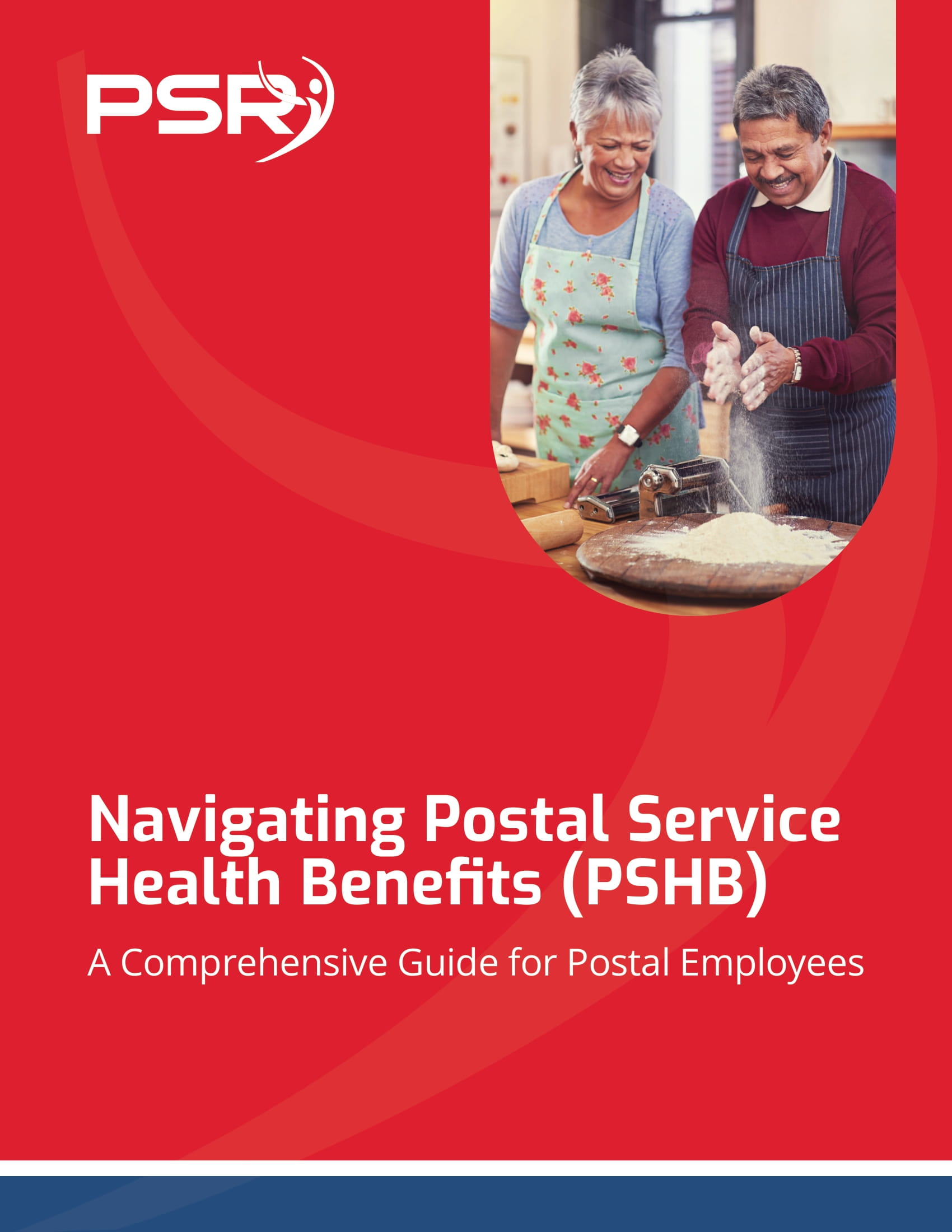Housing and Urban Development first to Offer Phased Retirement for Federal Employees
The first major agency announced plans to roll out a phased retirement plan that would allow federal employees to partially retire and still work part-time. Congress passed a law in 2012 that would allow federal agencies to manage their workforce with different retirement options.
The new phased retirement program will be open to non-bargaining employees and the National Federation of Federal Employees bargaining employees who meet set requirements. Despite the ability to implement phased retirement, government
- Also Read: Divorce and Your Federal Pension—What Happens When You Split Assets and How It Could Affect Your TSP
- Also Read: What Happens to Your Federal Benefits After Divorce? Here’s the Lowdown
- Also Read: The Best FEHB Plans for 2025: Which One Fits Your Lifestyle and Budget the Best?
Among decisions each agency faces are choosing which jobs are eligible for phased retirement, deciding which activities to include and setting a period for length of partial retirement. In addition, each agency has to decide when eligible employees can apply for phased retirement and how to implement the new federal employee retirement option.
The 20 Hour Work Week
Federal employees that qualify for this retirement benefit are eligible to work up to 20 hours per week, receiving half of their pay. During this time, they have access to half of their retirement annuity. To qualify for phased retirement, federal employees must spend at least 8 hours per pay period mentoring other employees. The purpose of this is to help skilled, experienced employees provide knowledge and skill for a longer period while allowing them to train others to take over when they fully retire.
The Office of Personnel Management released rules about federal employee phased retirement last summer including an announcement that federal employees could begin submitting applications for early retirement as early as November of last year. However, most could not take advantage of this federal employee retirement because most agencies have not been able to create a viable phased retirement plan that satisfy collective bargaining agreements, agency missions and benefit eligibility.
Ken Zawodny, the associate director for retirement services at the OPM told reporters that while current regulations only allow for up to 20 hours per week, these regulations could change in the future. He also told reporters, “Upon retirement the employee will be entitled to a greater annuity than if the employee had fully retired at the time of transition to phased retirement, but less than if the employee continued on a full-time basis.”
Part Time Means More Retirement Pay
This means that a phased retirement benefit could be a good option for retirees who no longer want to work full-time hours, but aren’t sure they can afford full retirement either. Once federal employees take advantage of phased retirement they will be treated largely as part-time employees in regards to leave and pay. However, they will retain their federal health benefits as if they were still working full-time and they will still receive full health benefits contribution so that the cost of their health care stays the same.
A current backlog could cause some delay in retirement processing, though Zawodny said he does not anticipate a major impact on workload. “We hope it is spread out enough so that the impact is not going to be an issue.”
The Library of Congress has also implemented phased retirement options for federal employees.








